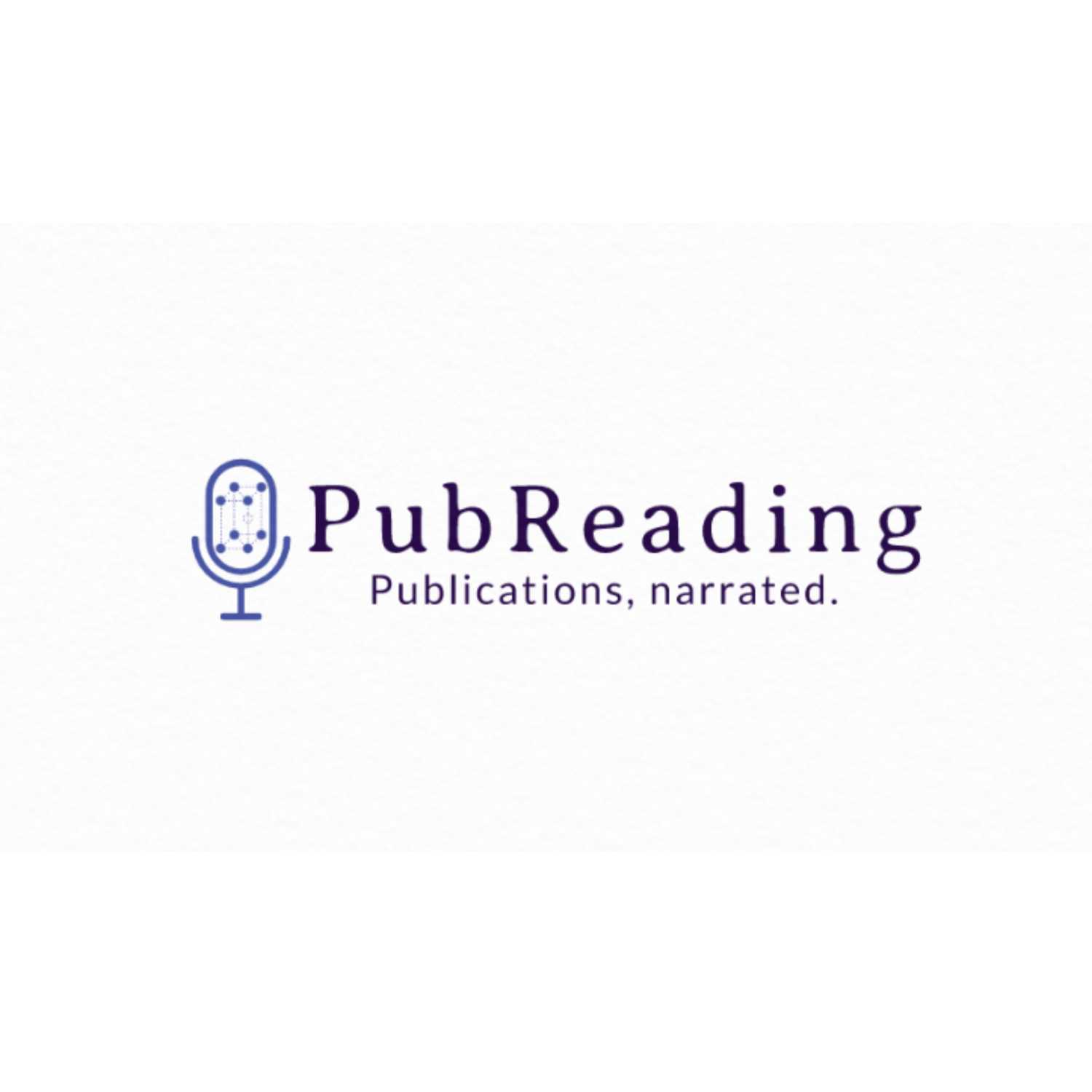PubReading [340] - The application of human tissue for drug discovery and development - M. Clotworthy
Human tissues are invaluable resources for pharmaceutical research. They provide information about disease pathophysiology - and equally importantly, healthy function; confirmation (or refutation) of potential drug targets; validation (or otherwise) of other models employed; and functional models for assessing drugs’ effects, whether beneficial or undesirable, in the most appropriate environment that can be replicated outside the human body. While human tissues have long been prized by pathologists in furthering our under- standing of disease processes, there is a growing appreciation of their value at the late pre-clinical stage of drug discovery. Human tissues’ potential to contribute to earlier phases of the process, before significant resources have been expended, is also now gaining recognition. Mounting concern over high rates of clinical stage drug failures mandates exploration of avenues for improving efficiency. Human tissue-based assays could play a key role in improving the translation process, as well as in moving towards stratified or personalised medicines. This editorial highlights some of the potential benefits of introducing human biosamples at each stage of the research process as a drug moves from concept to clinic. Some of the challenges with respect to obtaining tissues, minimising variability and gaining acceptance are also discussed.https://doi.org/10.1517/17460441.2012.689282 - 2012

